Throughout our international marketing and international trade environment articles, we have stressed the significant opportunities facing African exporters. However, several challenges are impacting the growth of exports from Africa, and any new entrant to international trade must be aware of them. This article will outline three distinct challenges facing businesses exporting from Africa.
#1 Access to the appropriate trade finance
As our previous trade finance articles discussed, conducting business in foreign markets is a costly exercise that may require additional financing. For example, a company embarking on their first export initiative may require additional capital to adapt its product to suit the market concerned. Similarly, an exporter may need trade finance to manage cash flow while waiting for payment. Unfortunately, accessing trade finance in Africa is notoriously difficult. In fact, experts have estimated that the trade finance gap in Africa is approximately USD 110 billion.

#2 Accessing buyers and marketing for Exports
Participating in trade fairs, sales missions and other events to access buyers is costly for African exporters (due partly to unfavourable foreign exchange rates). Similarly, Africa is often unfairly perceived as entirely third-world and incapable of producing world-class products. Furthermore, Africa lags behind much of the world in utilising digital tools to market their goods. As we discussed in our “Tips on Marketing for Exports in 2023” article, a digital presence is no longer an optional component of your export marketing plan. Several experts now believe that a professional digital presence significantly contributes to a buyer’s initial perception of your credibility. Unfortunately, while the sector is growing, Africa still lacks the resources for widespread international digital marketing. Furthermore, digital international marketing expertise is scarce, and many exporters are still reluctant to devote their international marketing budget to a digital-first approach.
#3 A lack of infrastructure negatively impacts Africa’s participation in International Trade
A lack of infrastructure in Africa directly impacts the ability of African exporters to participate in international trade. For example, poor transportation links, delays at border posts, low-quality road infrastructure, a lack of port equipment, low electricity levels, and inadequate financial infrastructure all make African products less competitive because it is comparatively more expensive to move, finance or produce products in Africa. However, it is not all bad news. Several projects are underway to close the infrastructure gap in Africa and boost international trade. While these projects vary in effectiveness and are still a long way away from completely eradicating the problem, several businesses have already managed to navigate infrastructure constraints and build successful export companies. Furthermore, these same companies are positioning themselves perfectly to ride the wave of improving infrastructure.

#4 Uncertainty in the global economy and the growth of international trade
As we discussed in our “The international marketing environment in 2023” article, several prominent international organisations are predicting a decline in global growth due to events such as the aftershock of the covid-19 pandemic, Russia’s invasion of Ukraine and rising inflation. Furthermore, the covid-19 pandemic exposed just how fragile international supply chains can be, which has prompted many major corporations and governments to move supply closer to home. While not exclusive to Africa, challenges in the global economy and changing customer sentiment could dent the progress made by African exporters. However, it is not all bad news. The realisation of how fragile global supply chains can be has also prompted large local companies to look inwards for the supply of certain materials, presenting an opportunity for improving regional trade in Africa.
#5 Export assistance tends to be fractured and uncoordinated
There seems to be a consensus that participation in international trade could catalyse African growth. However, while several local and international organisations do fantastic work supporting trade from Africa, there are also inefficiencies in how export assistance is provided. For example, many export assistance programs tend to operate in silos without any coordination for maxim impact, which minimises the assistance that could be provided. This leads to a duplication of tasks and an inefficient allocation of resources. For example, different programs create several limited resources for exporters instead of pooling resources to develop a single coordinated resource for all African exporters. Thus, although assistance is available, exporters are pulled in different directions, creating confusion.

Africa has a tremendous amount of opportunity, but significant challenges exist. Ultimately, executives, entrepreneurs and founders who have up-skilled themselves with the knowledge they need to navigate exporting from Africa will be successful. Thus, we have created the TFSA School of Export to help African businesses gain the on-demand expertise they need. The TFSA School of Export offers free online modules on trade finance, marketing for exports, and navigating the international trade arena. Furthermore, the TFSA team constantly engages with other export assistance organisations to coordinate our offerings for maximum growth for all African exporters. Thus, the TFSA program is not only the TFSA School of Export, but a community dedicated to supporting, funding, and developing globally competitive African businesses. Click the link and join our community today. Click the link and sign up today.
To sign up to the School of Export CLICK HERE.
If you already have a profile, CLICK HERE to login to begin the module.
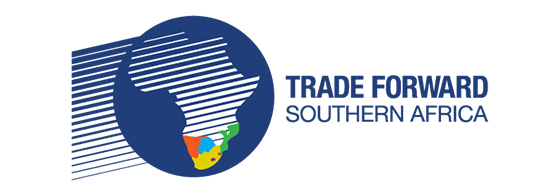
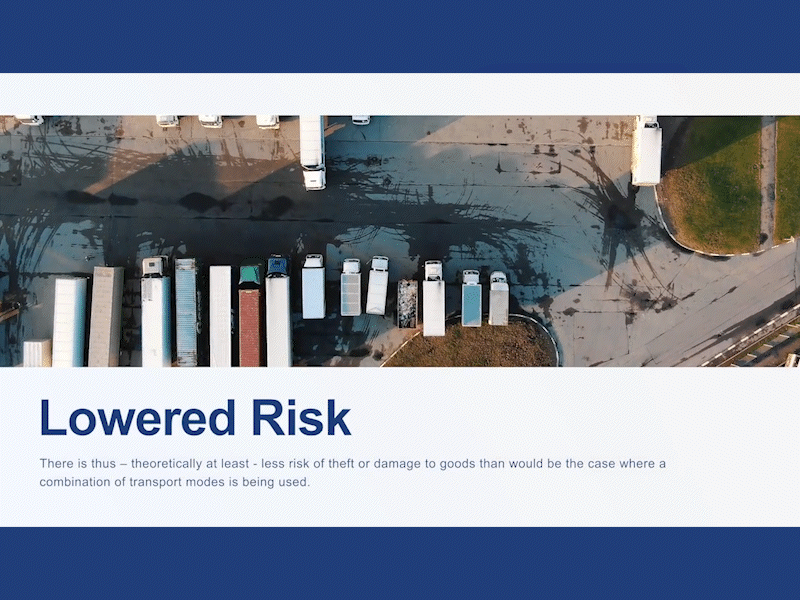
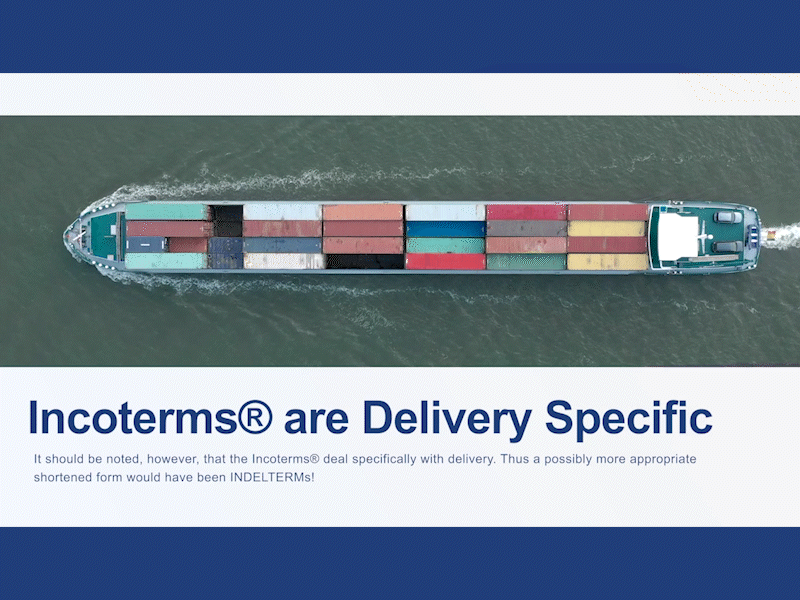
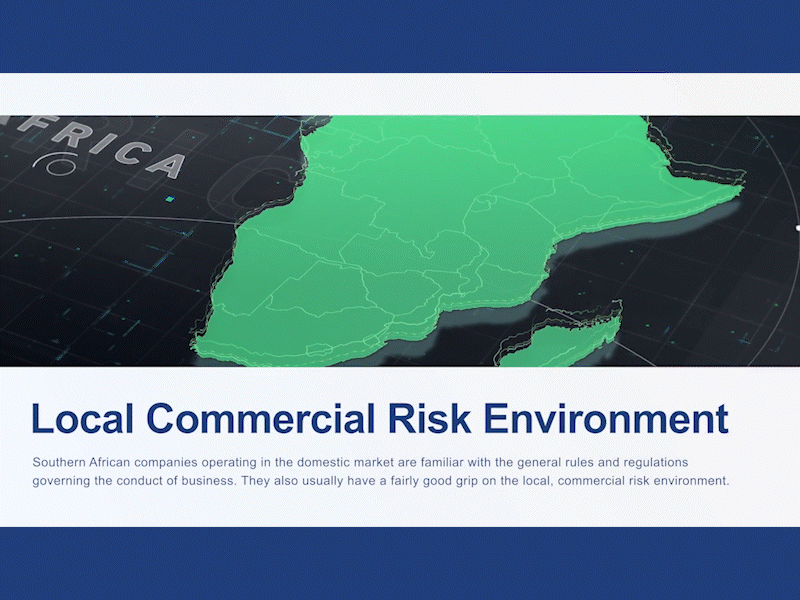
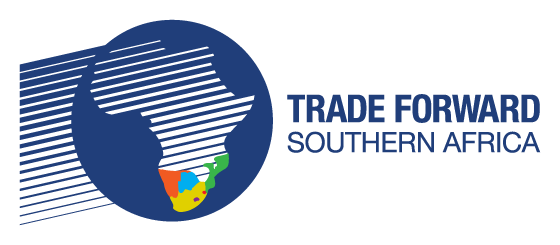





Leave a Reply